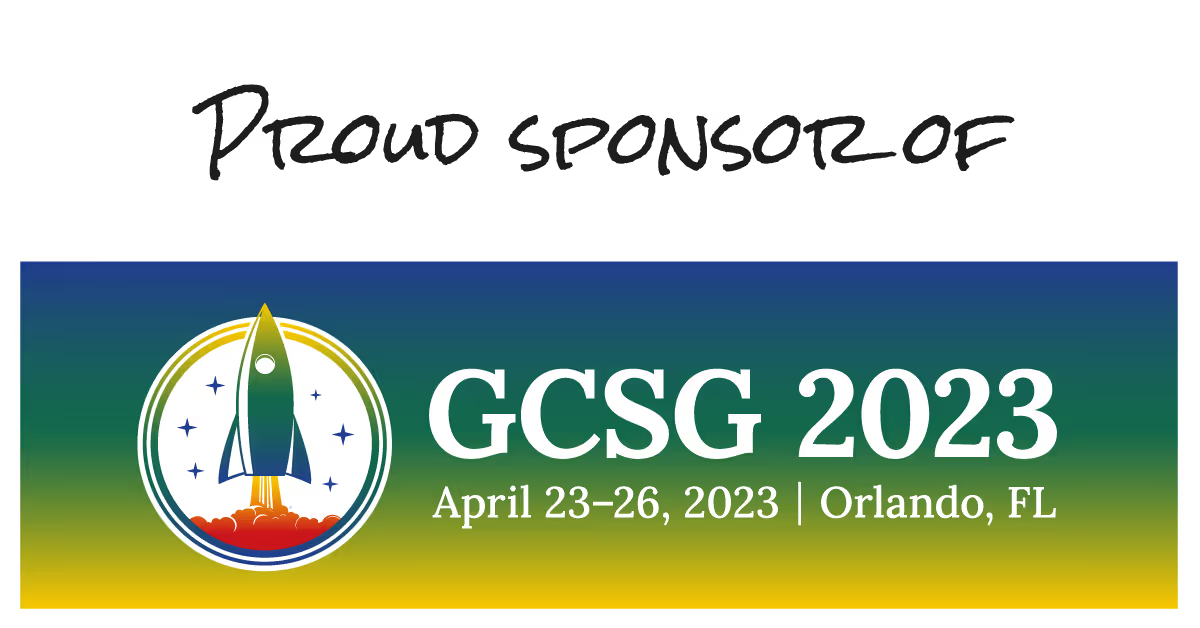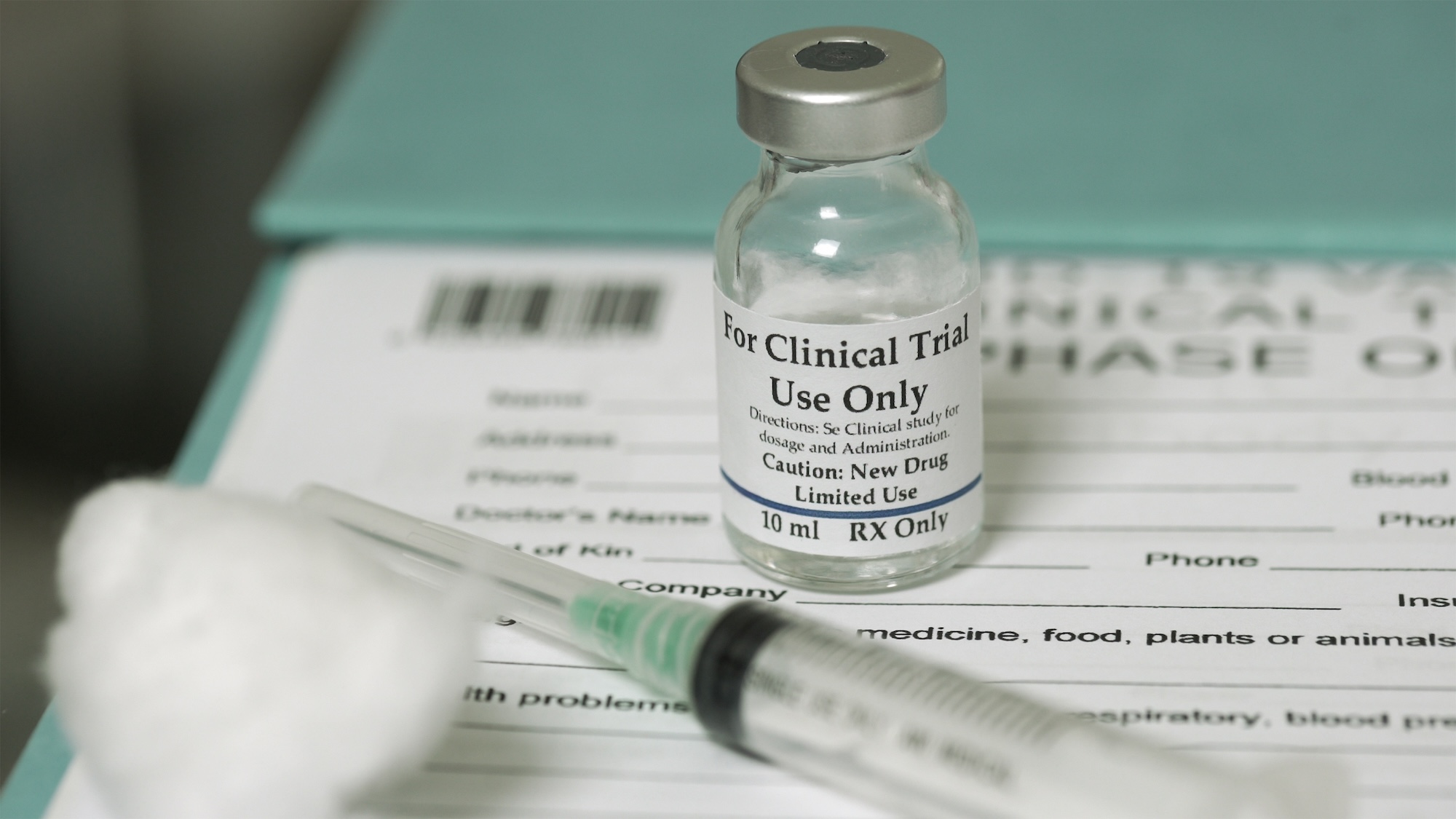TSS User Forum 2023

What made the event most successful was the spirit of collaboration. The pharmaceutical industry is quite naturally one where a degree of privacy and caution in sharing information is assumed. Intellectual property lies at the very heart of the value of our business. And yet, when it comes to ensuring reliable, safe, and efficient methods to get drugs to patients, there is a different set of priorities. During the event we saw a genuinely transparent sharing of information and insights, from case studies to best practice guidelines.
Supply Chain Optimization
As the pharmaceutical industry faces both challenges and opportunities, the forum's agenda was to explore cutting-edge solutions and strategies to enhance supply chain efficiency, reliability, and sustainability. This is especially relevant for those seeking to leverage technology for supply chain automation, data-driven decision-making, and environmental sustainability in temperature monitoring.
1. Embracing Automation in Supply Chain Management
The pharmaceutical industry's pivot towards automation in supply chain management marks a significant shift towards efficiency and precision. The forum showcased compelling case studies, illustrating successful implementations of automated temperature control and site monitoring technologies.
These real-world examples underscore the tangible benefits of automation, such as enhanced product integrity, reduced operational risks, and improved compliance with regulatory standards.
The TSS User Forum 2023 didn't shy away from addressing the challenges in supply chain automation. Key issues like integration complexities and evolving inventory systems were at the forefront.
A key topic for discussion was the maturity model for supply chain automation. This model serves as a roadmap for organizations to assess their readiness and strategize their transition towards automation. It emphasizes the importance of evaluating existing processes, identifying areas for improvement, and gradually integrating advanced technologies. The model also highlights the need for upskilling the workforce and fostering a culture that embraces technological change.
The Temperature Monitoring Maturity Model provides a framework for organizations to evaluate and evolve their supply chain temperature monitoring practices. This model guides organizations from a cost-centric to a value-driven approach, emphasizing the strategic importance of integrating temperature monitoring into the broader supply chain and quality management ecosystem.
Download the Maturity Model here > |
While the journey towards full automation is complex, the long-term gains in efficiency, accuracy, and cost savings are undeniable. But it’s about so much more than that:
The ambition to 'take humans out of the equation' is not merely about increasing speed and reducing costs; it's also about improving quality of life. Automating manual tasks and reducing human error frees individuals to focus on meaningful work, enhancing trial results and patient care. This shift aims to provide more time for personal life and improve overall quality of life for everyone involved in clinical trials, from those administering the trials to patients receiving better care.
To benefit from increased speed and free up time, organisations need to focus more on strategic planning and a phased approach to adopting new technologies, ensuring alignment with overall business objectives and stakeholder expectations.
2. The Power of Data-Driven Decision Making
The TSS User Forum 2023 highlighted the transformative role of data in supply chain management. Key discussions focused on leveraging data for predictive analytics, decision automation, and augmentation. These strategies are not just about harnessing data, but about turning it into actionable insights that drive efficiency, mitigate risks, and enhance decision-making processes.
By harnessing the power of data, supply chain managers can not only optimize current operations but also anticipate future challenges and opportunities, positioning their organizations for long-term success.
3. Sustainability: A Core Consideration
Sustainability was a theme at the forum, especially in the context of temperature monitoring technologies. Discussions centered on the environmental impact of these technologies and the strategies to make pharmaceutical transport more sustainable. Participants discussed the importance of sourcing materials responsibly and optimizing energy use to minimize CO2 emissions. Best practices highlighted the power of collaborative efforts with suppliers and the adoption of designs that not only reduce environmental impact but also lower operational costs.

4. Direct to Patient Delivery: Expanding the Reach
Innovations in Direct to Patient (DTP) delivery were also a focal point at the forum, emphasizing the end-to-end expansion of pharmaceutical supply chains. This approach is instrumental in accelerating the delivery of medications, enhancing patient enrollment, and diversifying patient populations.
DTP strategies can not only inspire innovation in the upstream supply chain but also significantly impact patient care and access, making treatments more readily available and inclusive. It’s about expanding end to end where it truly matters, utilizing the same technologies and system integrations for all types of trials. Cross-company collaboration and creating new industry standards in this space will not only benefit sponsors but all stakeholders in the ecosystem, especially clinical site staff and patients.
Conclusion
Our aim with the TSS User forum is to inspire supply chain professionals with the possibilities that come with adoption of innovative practices and technologies. There exists extraordinary potential for optimizing operations, ensuring a balance between efficiency, sustainability, and compliance in the dynamic pharmaceutical sector - if we have the ambition to embrace change.
What gives us most hope for the future is the spirit of collaboration that ran throughout the event. It is precisely this open, collaborative atmosphere that led to such fruitful discussions – laying the foundation for future cross-company strategy frameworks that could lead to new industry standards and harmonization which will benefit all, from sponsors, to partners, to clinical sites and, of course, patients.
Do you want to join the TSS community, together with some of the most respected life science companies worldwide? Whether you want to book a free demo or just discuss options, we’re here to help. Get in touch today > |
You may also be interested in

TSS Achieves Coveted ISO/IEC 17025 Calibration Accreditation

On-demand webinar: Master your supply chain with end-to-end visibility

GCSG 2023 US Conference
You may also be interested in

TSS Sponsors the 27th Annual Clinical Trial Supply Europe 2026 in Barcelona


